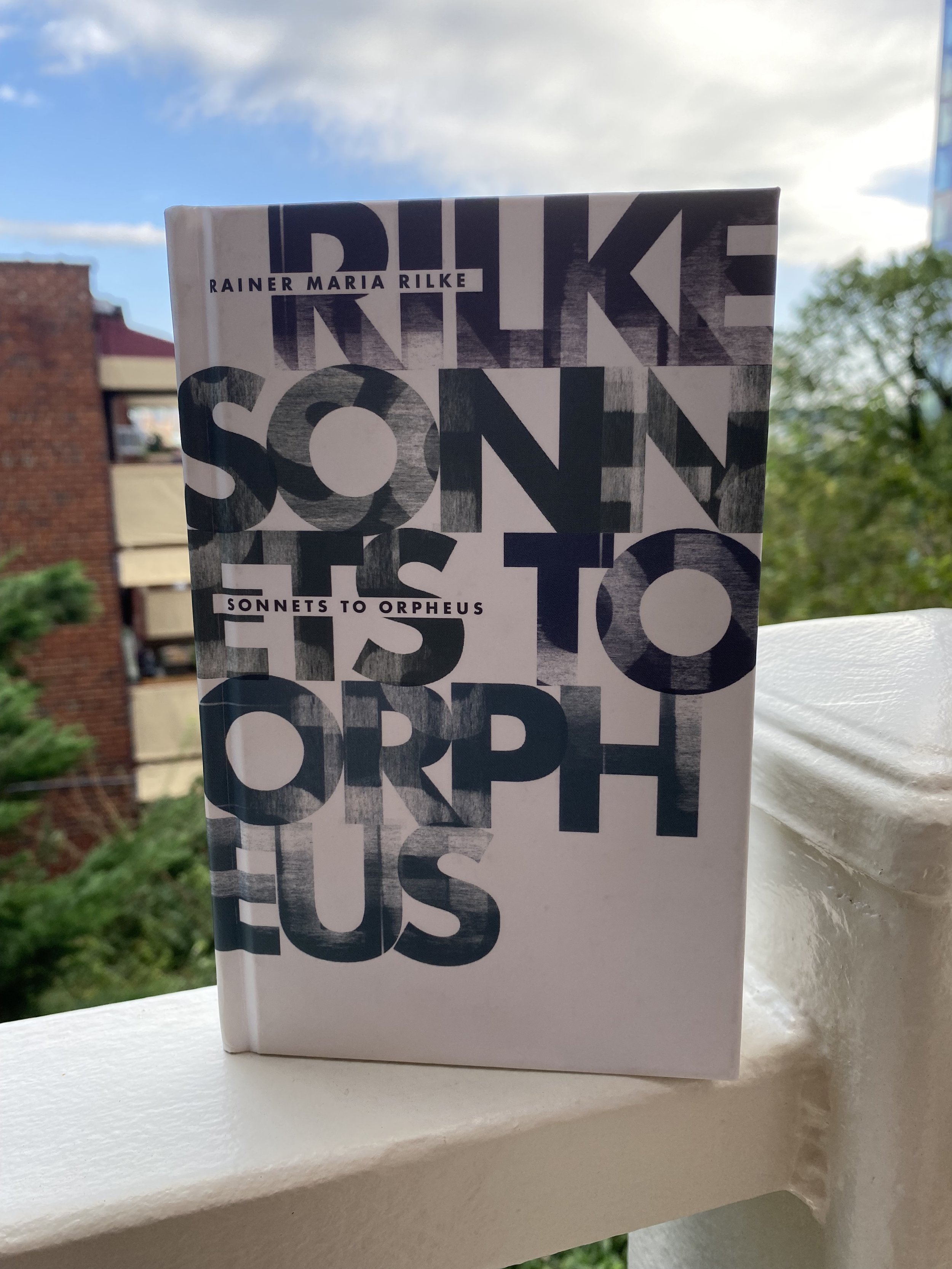5/5 stars
What's it about? Citizens of the town of Vasenka refuse to hear after occupying forces murder a deaf child. A powerful story of resistance, community, and the body weaponized.
How’d I find it? Kaminsky gave a moving reading at Folger Shakespeare Library in 2019 as part of the O.B. Hardison Poetry series, and I had to have a (signed) copy. In fact, the reading was so memorable that my spouse and I read large parts of the book aloud together.
Who will enjoy this book? Check out the poets featured in American Journal: 50 Poems for Our Time, also published by Graywolf Press. If you enjoy this brand of poetry, Deaf Republic will speak to you.
What stood out? The poems of Deaf Republic comprise one cohesive narrative, so while many of its poems can be savored solo, you’d be missing out on Kaminsky’s larger achievement. Yes, this is a book of poetry, but it’s also a protest, a play, a puppet show. Deaf Republic juxtaposes the experience of the citizens of Vasenka with that of people not in the throes of unrest (see the oft-quoted “We Lived Happily During the War” that opens the book), and evokes our responsibility as humans to speak out against injustice regardless of where it occurs.
Kaminsky also takes on in this project the illusion of silence — an “invention of the hearing” — and intersperses throughout the book illustrations of the signs that the townspeople use to communicate, functioning as lines or poems in their own right. Deaf Republic serves up poetic forms suited to a variety of performance: on the page, aloud, and signed.
Which line made me feel something? From “A Cigarette:” “You will find me, God, / like a dumb pigeon’s beak, I am / pecking / every which way at astonishment.”





